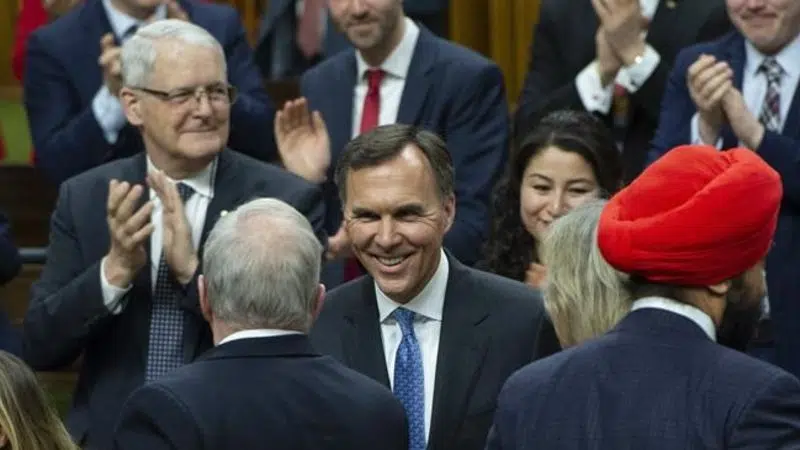
Baloney Meter: Was the budget a political prop for the scandal-plagued Liberals?
OTTAWA — “(Prime Minister Justin Trudeau) thinks today’s budget will distract Canadians from all of this. He is using the budget — a critical element of any government’s agenda — as nothing more than a political prop in an unprecedented cover-up.” — Opposition Leader Andrew Scheer, March 19
—
Andrew Scheer and his Conservative caucus members have been scathing in their attacks on this week’s decision by the Liberal-dominated House of Commons justice committee to abruptly end its examination of the SNC-Lavalin affair.


